The phrase you are what you eat can also be applied to your mental health. With around 264 million people worldwide who are battling with anxiety, it’s important that they make the appropriate food choices as the wrong foods can serve to worsen symptoms of anxiety and depression.
Granted, your diet cannot cure your mental health disorder, but there are foods that can either have a calming effect on the body or trigger anxiety symptoms. With that said, read on for foods that may be worsening your anxiety, as well as which foods you can start eating instead.
The worst foods for anxiety
1. Alcohol
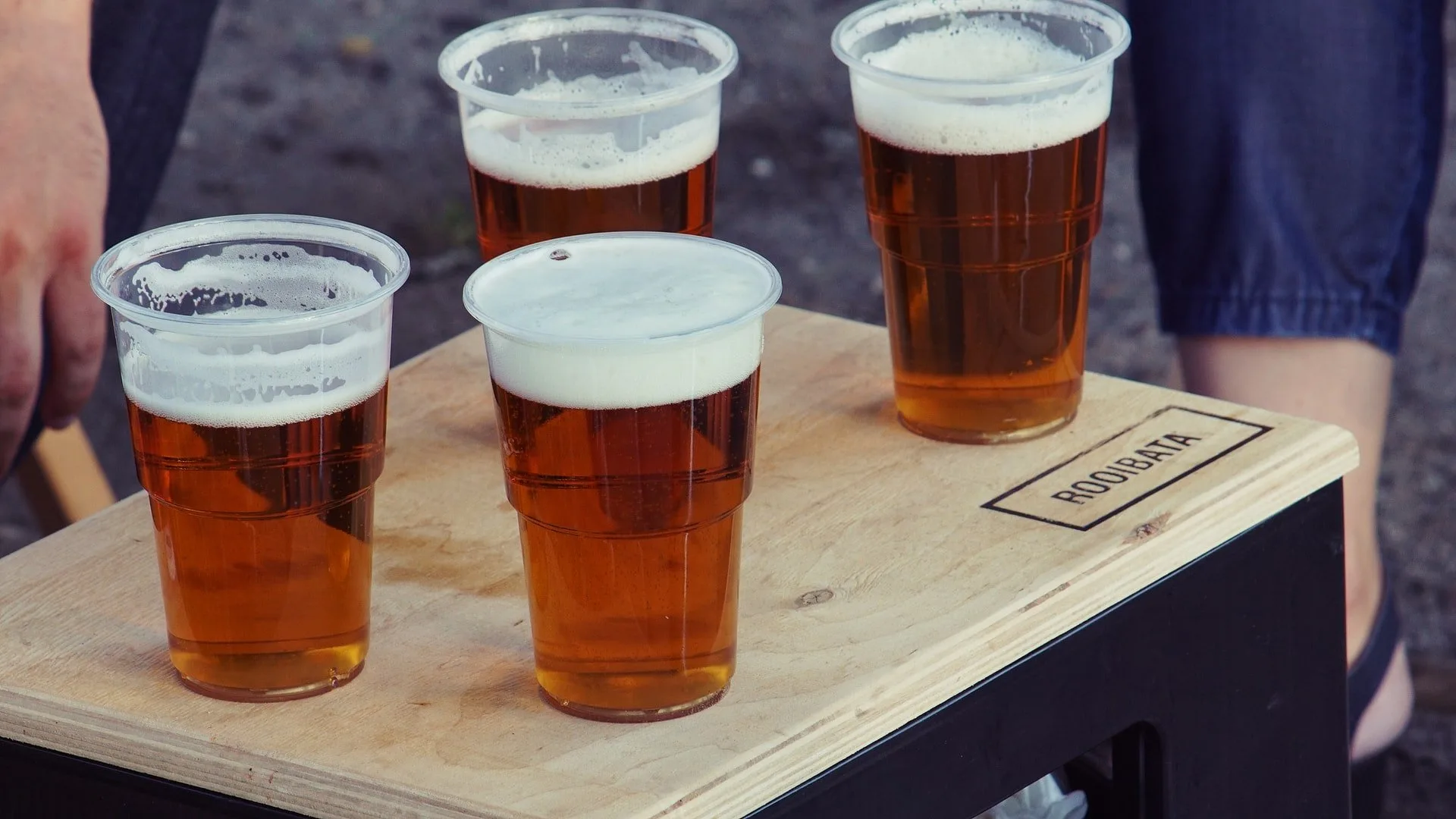
Photo by Julia Nastogadka on Unsplash
A cold glass of beer may help to ease your social anxiety, but in reality, alcohol serves to worsen your anxiety as one study found that heavy drinking can rewire the brain and increase the likelihood of experiencing anxiety disorders.
Firstly, while alcohol can help you fall asleep quicker, it can actually reduce REM sleep, which is a vital part of your sleep cycle that stimulates the areas of your brain responsible for cognitive learning and memory. Additionally, alcohol is a diuretic, which means that it dehydrates the body and a dehydrated body can cause stress and anxiety.
2. Coffee and caffeinated drinks
There are better ways to start off your morning than with a cup of coffee, especially if you battle with anxiety.
According to a review of eight studies, caffeine can aggravate symptoms of anxiety and panic disorder. This can be because caffeine not only causes you to be more jittery, but it also decreases the production of serotonin in the body, which can then leave you in an anxious and depressed mood.
3. Candy and sugar-rich foods
While nothing sounds better than getting lost in a tub of ice cream when you’re feeling down or anxious, it would best not to as added sugars can trigger your anxiety.
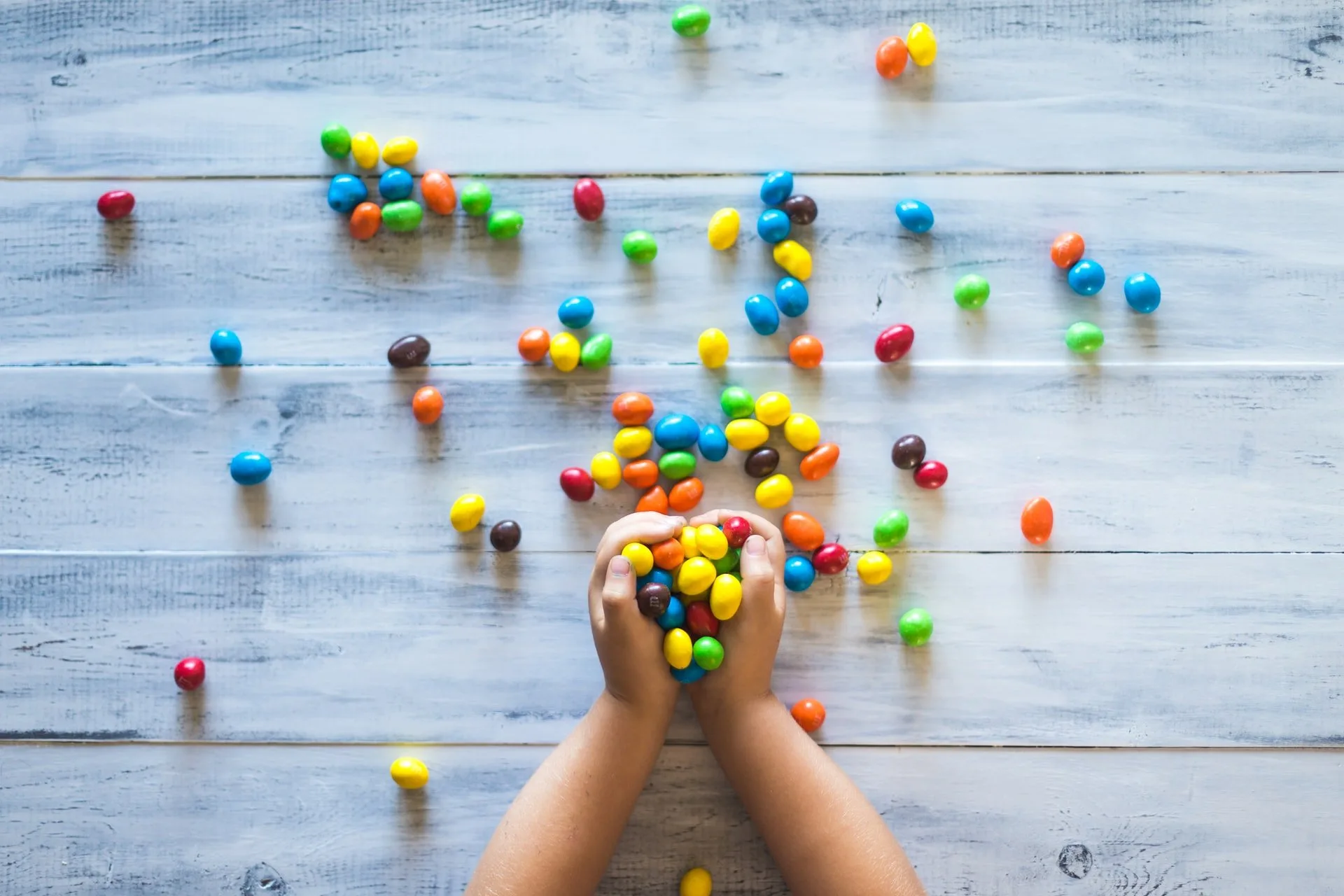
Photo by Patrick Fore on Unsplash
According to a study in Neuroscience & Biobehavioral Reviews, a diet high in sugars has been linked to emotional disorders such as anxiety and depression.
That said, it’s not only desserts and sweet treats that contain added sugars. In fact, foods such as salad dressings, flavored yogurt, granola bars, and breakfast cereal each contain hidden added sugars. However, you can use CBD infused gummies and cookies, which have a lot of benefits and help overcome anxiety easily.
4. Soy
Soy-based foods are touted as meat alternatives for those following a plant-based diet. However, you may want to seek other milk alternatives as soy might not be great for anxiety. In fact, one animal study found that soy supplements were linked to more anxious behavior in male rats.
In addition, soybeans also contain copper, and research has indicated that in large amounts, copper can trigger symptoms of anxiety.
5. Processed foods
Chips, cereal, biscuits, noodles – eating anything processed can be one of the worst things for your health, as well as your anxiety.
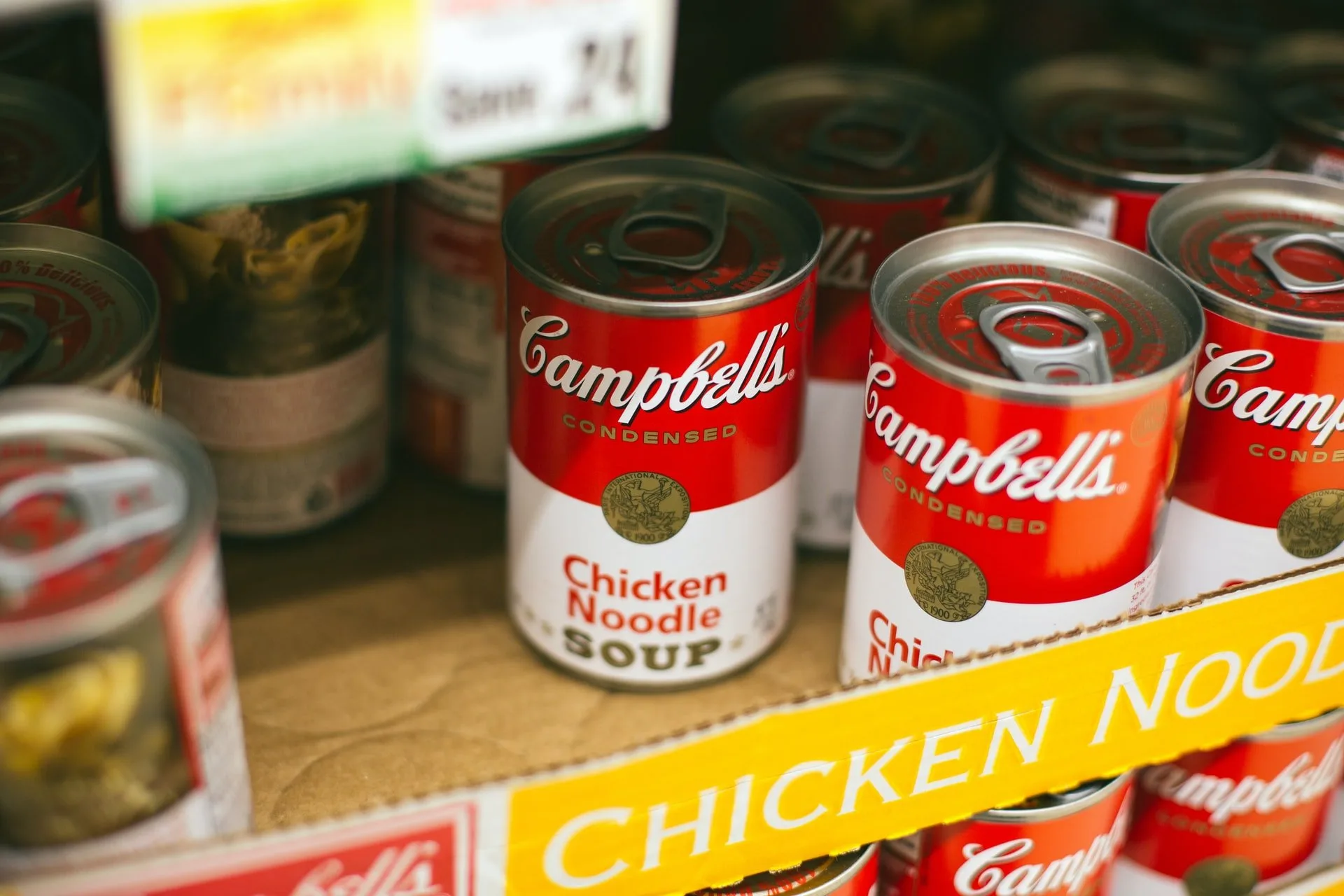
Photo by Calle Macarone on Unsplash
6. Canned Foods
Canned foods may be triggering your anxiety symptoms due to the fact that they might also contain Bisphenol A (BPA). According to a study, boys who were exposed prenatally to BPA may be more likely to develop symptoms of anxiety and depression at age 10-12.
7. Diet Soda
You may think that choosing a diet soda instead of a regular one is a great way to protect your health, but the truth is that diet soda is still harmful to your health.
Diet sodas contain artificial sweeteners, most notably aspartame. The artificial sweetener has been linked to neurophysiological symptoms that include irritability, anxiety, depression, and insomnia.
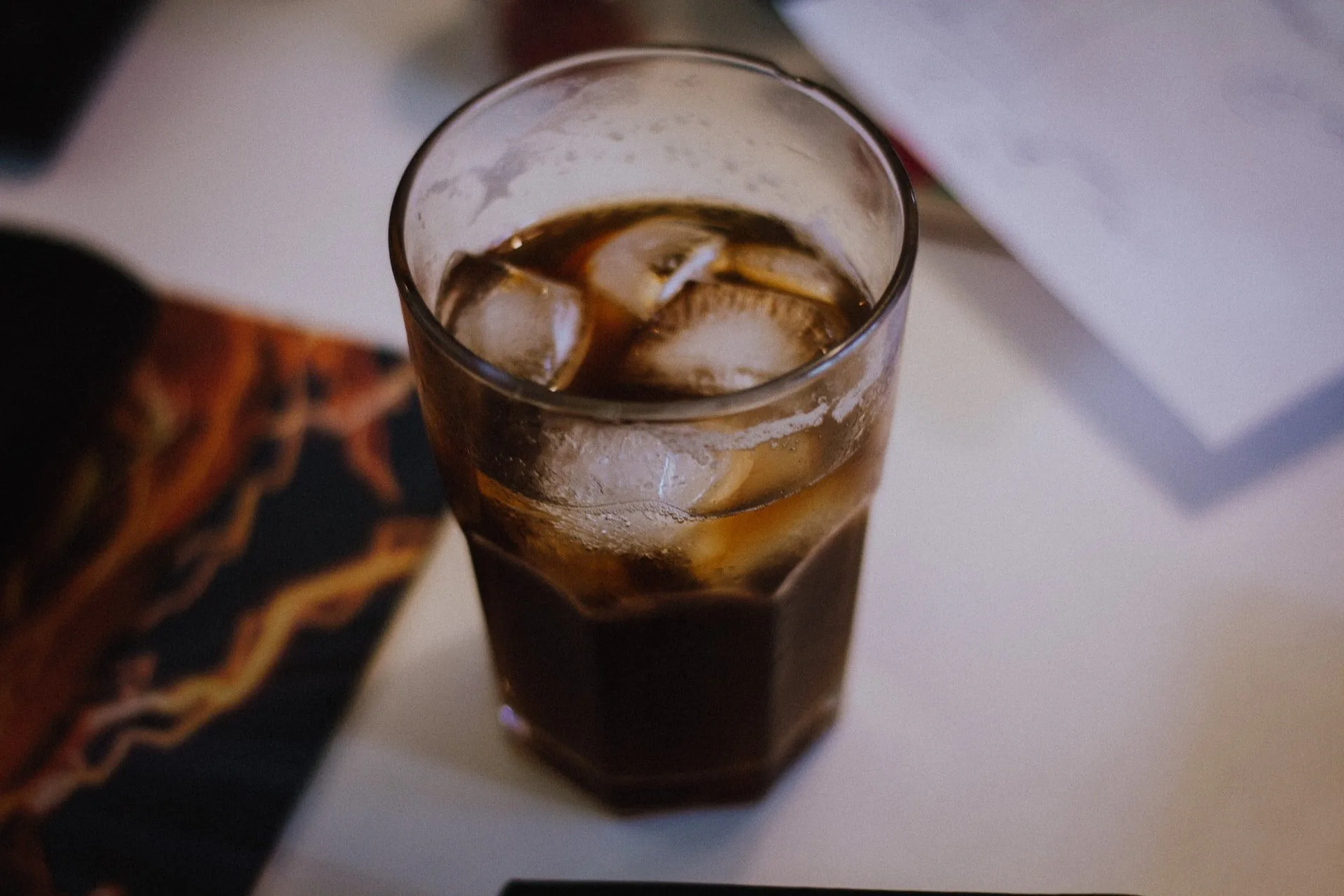
6 Foods For Your Anxious Feelings
1. Turkey
Tryptophan is an amino acid found in turkey and the body uses it to produce the brain chemical serotonin, which helps regulate sleep and mood. According to researchers, tryptophan may help reduce anxious feelings.
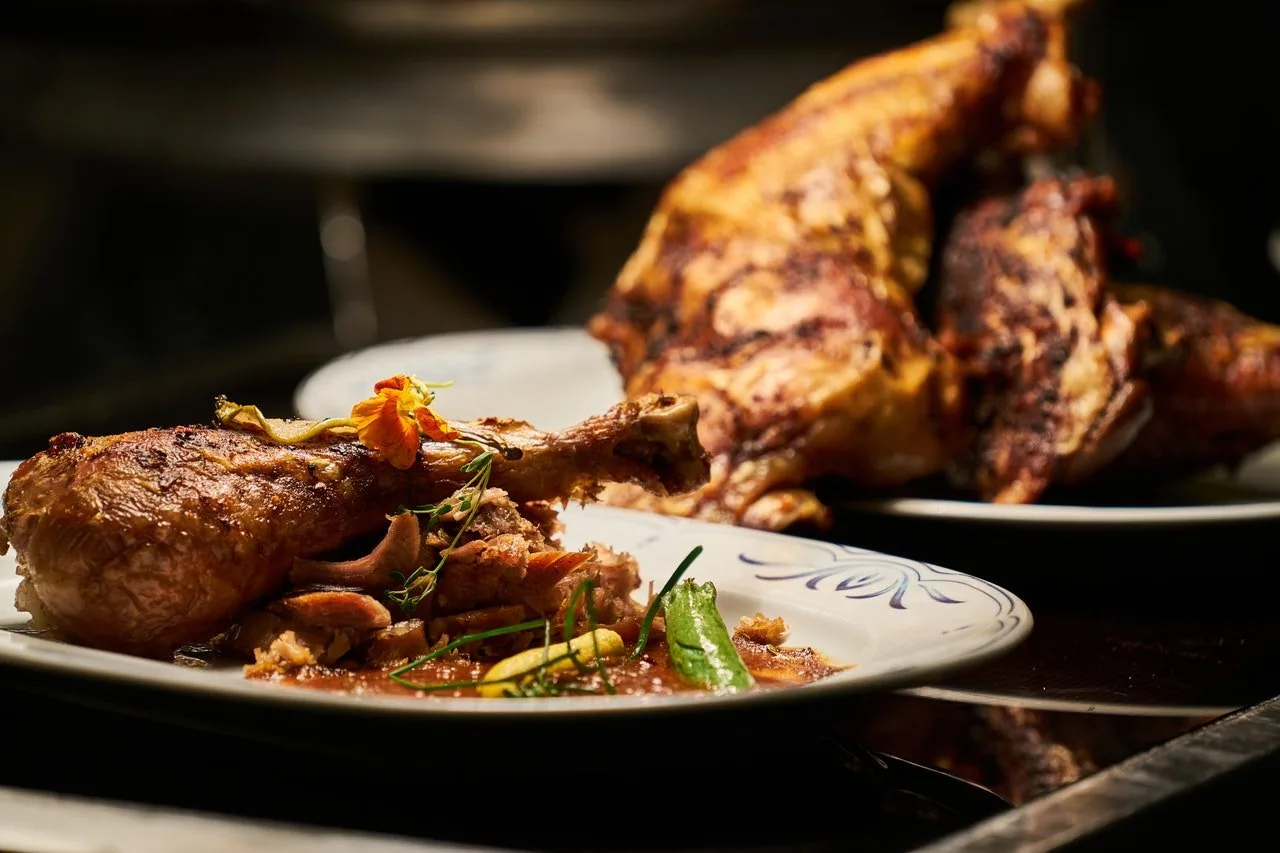
Photo by Engin Akyurt from Pexels
2. Fatty fish
Fatty fish, which include salmon, mackerel, sardines, trout, and herring, are each high in omega-3. Eating these foods won’t only help to reduce your risk of heart disease, but it could also help you better manage your anxiety.
A study published in Nutrients found a positive association between omega 3 consumption and anxiety disorders. Additionally, a separate study published in the same journal found that men who ate salmon three times a week reduced their self-reported anxiety.
3. Dark chocolate
There’s a reason why dark chocolate ups your mood when you’re feeling down.
Chocolate has a high tryptophan content, which we know can help to ease anxiety feelings but it’s also rich in magnesium, which has been found to have anti-anxiety effects.
When buying dark chocolate, go for 70 percent or more and try to stay clear of brands that contain added sugars.
5. Green tea
Green tea lovers unite!
For those who regularly enjoy a cup of green tea or matcha tea, you’re in luck. Green tea contains the amino acid theanine, which research has found may contain anti-anxiety properties (1).
Instead of indulging in sodas, coffee, or alcohol, try incorporating more green tea into your day.
6. Probiotic foods
Probiotic foods include pickles, sauerkraut, and kefir, and being rich in probiotics, these foods can help to boost gut health. As we know, the state of our gut influences our health, and this includes our mental health.
For one, research published in the journal Psychiatry Research suggested a correlation between probiotic foods and a lowering of social anxiety.
If you’re looking to improve your gut health, there’s how to do it.
When to see a doctor for anxiety
Now while these foods may help to ease your anxious symptoms, it’s important that you reach out to a specialist if you feel that your mental health is deteriorating.


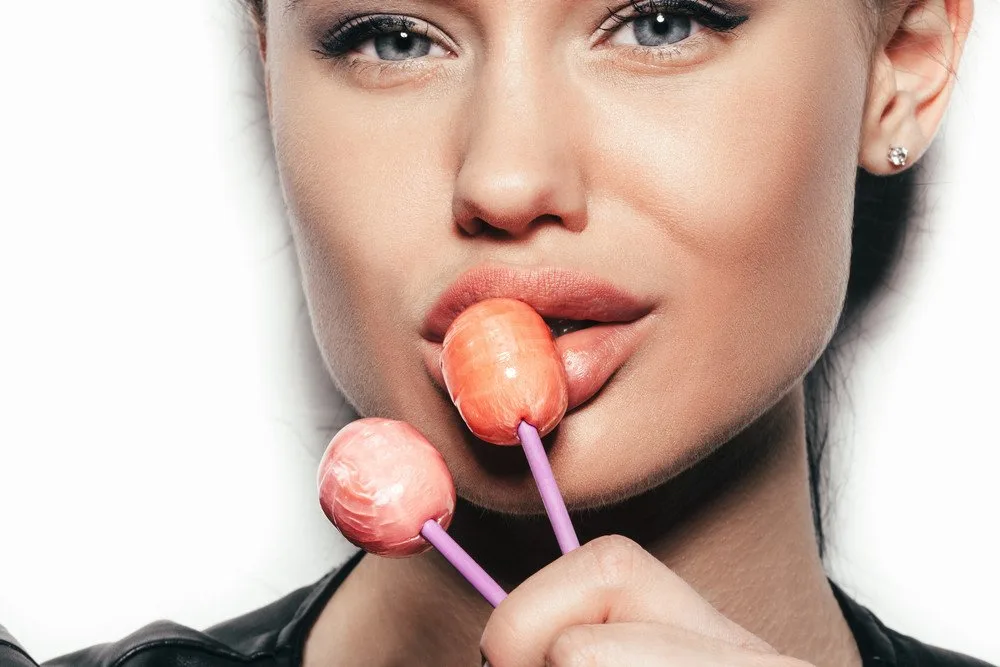
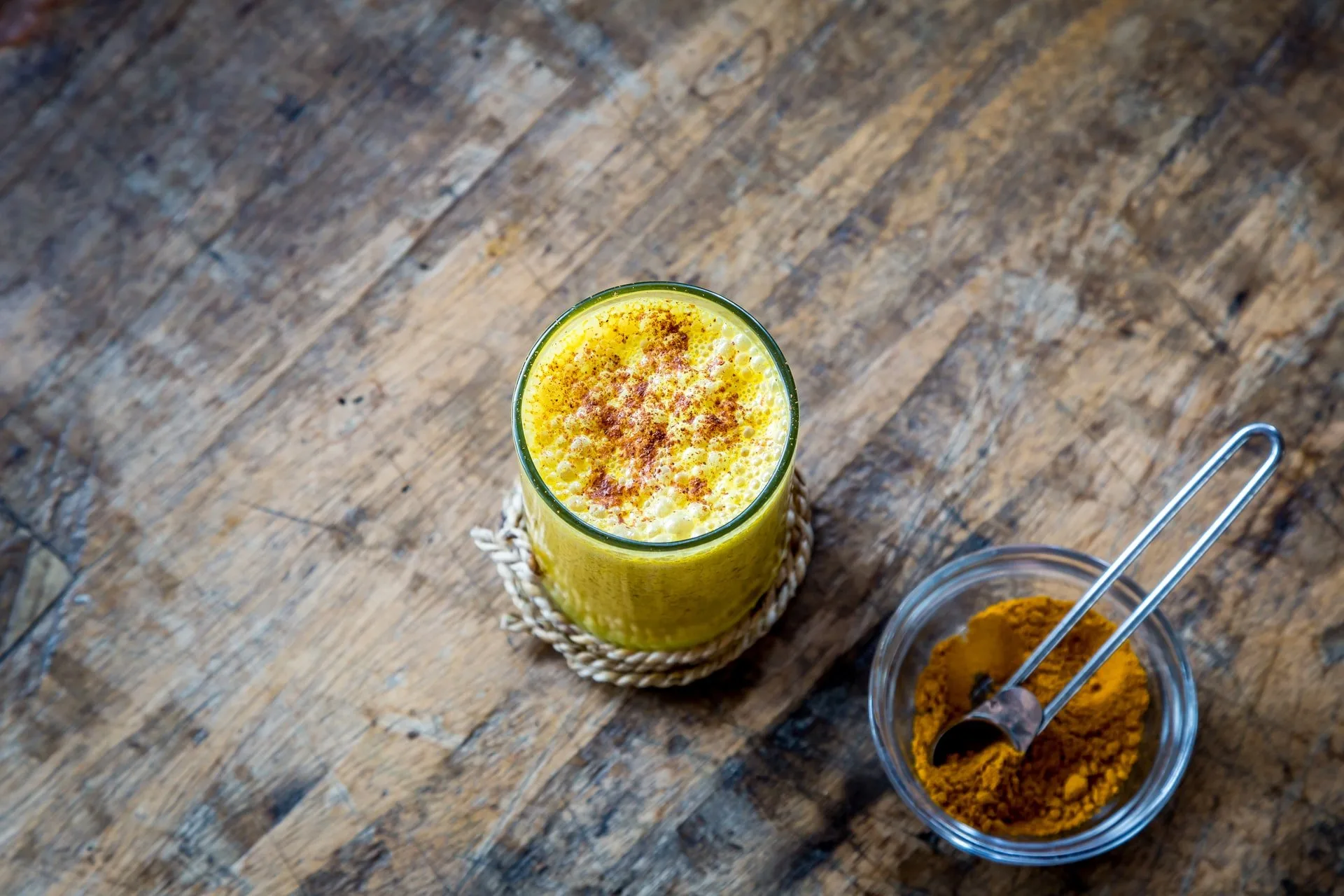


![women [longevity live]](https://longevitylive.com/wp-content/uploads/2020/01/photo-of-women-walking-down-the-street-1116984-100x100.jpg)









